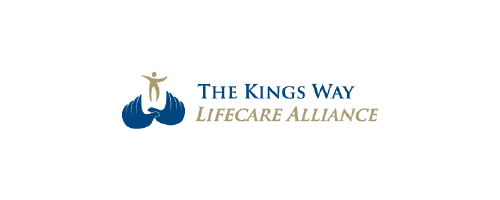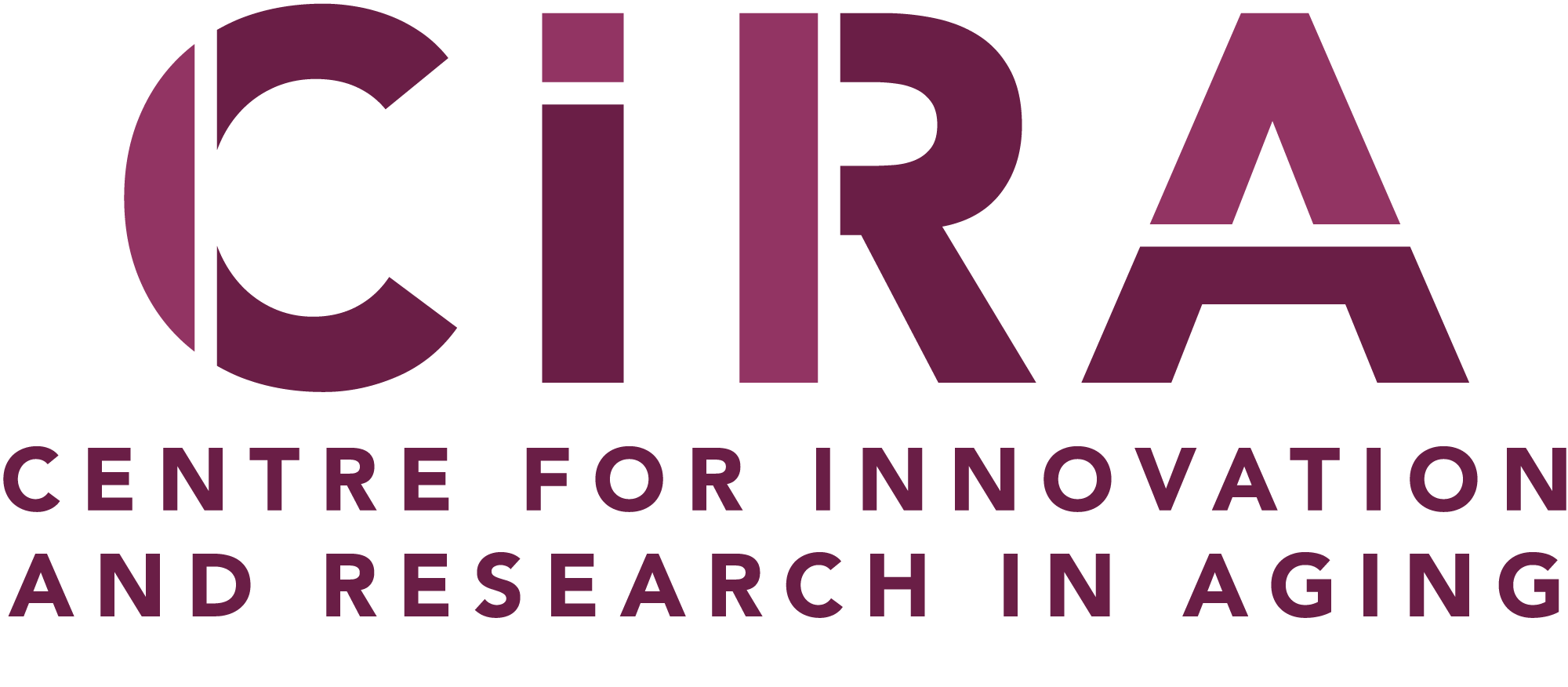Tai Chi and Memory Care: Awakening Stillness and Well-being
Course Pilot
Summary
In this invitation-only pilot we are working with seven nursing homes in Atlantic Canada to develop a course to teach therapeutic activity professionals how to provide seated Tai Chi in Memory Care.
Participants will learn how to use Tai Chi to create an environment of stillness and well-being for those who are cognitively challenged—including dementia persons who are beyond the early stages.
Tai Chi can bring us to a quiet center in our being. It is as though the disease disappears during the Tai Chi session. The movements you will learn are significant in this process—but the stillness environment is equally crucial.
The idea for the course was born during our collaboration with Dr. Gary Irwin-Kenyon for the Pathways Series and during the research, we undertook for the Best Eldercare talk entitled - Should Tai Chi become a standard tool in dementia care?
Outline
In the first two weeks of sessions, the emphasis is on learning the guidelines for creating a Tai Chi stillness environment. As we proceed more emphasis is placed on deepening your experience of the movements.
By the final three sessions, the expectation is that participants are already putting what they have learned into practice. During these sessions, participants will share their experiences of what is working and what is not with each other, and we will provide constructive feedback to each other to help make continuous incremental improvements.
Week 1: Two 30-minute sessions
Introduction
- What is Tai Chi
- What is Stillness
- What is Narrative Care
Week 2: Two 30-minute sessions
Guidelines for Creating a Stillness Environment
- No expectations
- Co-Creating—We are together
- Music
Guidelines for the Relax-into-Stillness Movements
- Softness—Loose Joints
- Comfort Zone
- Narrative Care
Week 3: One 30-minute session
This is the first session when participants focus more on the movements than the guidelines for creating a Tai Chi stillness environment.
- 4 Movements
- Wu Chi—Breathing
- Reach
- Wave
- Moving the Ball
- Wave Hands Like a Cloud
Participants are asked to practice the movements for a few minutes each day, ideally a few times a day. Participants are asked to consider when and how they will put what they are learning into practice.
Week 4: One 30-minute session
The focus is on practicing the movements together and feeling increasingly comfortable doing them. We briefly revisit the guidelines for creating a good stillness environment.
Participants are asked to practice the movements for a few minutes each day, ideally a few times a day. Participants are asked to begin putting what they have learned into practice. There is a group App where participants are able to share experiences with other participants and the instructor.
Week 6: One 30-minute session
The movements is led by participants. We discuss how putting this new knowledge into practice is going. And together we help each other to make improvements.
Week 8: One 30-minute session
The movements is led by participants. We discuss how putting this new knowledge into practice is going. And together we help each other to make improvements
Week 10: One 30-minute session
In this final session, again the movements are led by participants. We discuss how putting your new knowledge into practice is going. And together we help each other to make improvements. We reflect on the progress that has been made and work out how we can best support each other going forward.
Outcomes
With practice, it is expected that both course participants and elders who participate in the seated Tai Chi sessions will experience less anxiety, increased relaxation, and feelings of well-being.
Participants may also experience enhanced memory ability and/or postponement of symptoms. Physical outcomes may also occur such as less pain, lower blood pressure, and better sleep. These benefits may extend to reduced stress and more focus on work and home life.

Kennebec Manor
St John, New Brunswick

Loch Lomond Villa
St John, New Brunswick

Northwood Halifax Campus
Halifax, Nova Scotia

Passamaquoddy Lodge Inc
St Andrews, New Brunswick

Tideview Terrace
Digby, Nova Scotia

Windsor Court Retirement Residence
Fredericton, New Brunswick

York Care Centre
Fredericton, New Brunswick
Instructor
Dr. Gary Irwin-Kenyon
Dr. Irwin-Kenyon was born in Montreal, Quebec, and completed his early studies at Concordia University. He did his doctoral work at the University of British Columbia in Vancouver. He then became a postdoctoral Fellow at the Andrew Norman Institute for Advanced Studies in Gerontology and Geriatrics, University of Southern California. He was also a Postdoctoral Scholar at the University of Linkoping, Sweden, and has been a frequent visiting scholar in Scandinavia and the Netherlands.
Dr. Irwin-Kenyon was the founding Chair and Professor of the Gerontology Department, St. Thomas University, Fredericton, New Brunswick, Canada, where he is now Professor Emeritus. He is a Fellow of the Andrew Norman Institute for Advanced Studies in Gerontology and Geriatrics, University of Southern California. Gary is listed in Who’s Who in Canada (Grey House Publishing) and the United States (Marquis Biographies Online). He has authored, co-authored, or co-edited six books, including Narrative Gerontology, Storying Later Life, Restorying Your Life, Ordinary Wisdom, and Pathways to Stillness.
Dr. Irwin-Kenyon has extensive experience guiding Tai Chi in Memory Care.
Organizer
Rahzeb Choudhury
Rahzeb is the founder of Lifelong Inspiration, an organization committed to advancing a person-centred agenda. In long-term care, their most well-known idea is True Doors, decals that help transform facilities into homes. Rahzeb is an experienced practitioner of Nei Gong, of which Tai Chi is one manifestation.
About Tai Chi
Tai Chi is a holistic art from China, which has been developed over hundreds of years. As a set of physical movements, it is designed to relax the body. Movements are soft and slow and act to loosen the joints and gently stretch the muscles and ligaments.
Combined with deep breathing the movements release the Chi and improve blood flow. In this context, Chi is an internal energy that we all possess but we cannot benefit from it until we relax. It is trapped in our bodies through stress and tension.
Click through to the article below to learn more about Tai Chi and Dementia Care.
Should Tai Chi become a standard tool in dementia care?
There is a substantial body of research that documents the health benefits of Tai Chi. The list is long but includes, reducing blood pressure, slowing the progression and pain relief from rheumatoid arthritis, improved sleep quality, relief from migraines and, reducing the symptoms of parkinsons.


